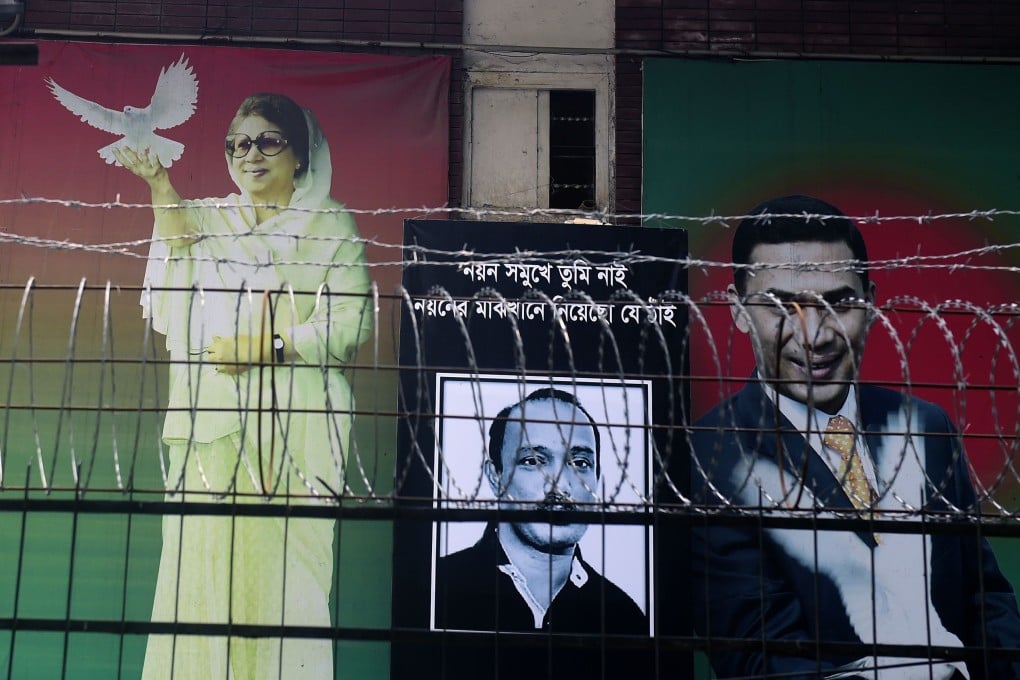Bangladesh being torn apart by Hasina-Zia power struggle
M. G. Quibria says the latest violent stand-off between Bangladesh's two equally autocratic political factions is driving the country into the ground

Is Bangladesh once again on the verge of a political meltdown? With bomb explosions almost taking the life of Prime Minister Sheikh Hasina Wajed, opposition leader Khaleda Zia blamed for murder, and violent protests sweeping the capital, the country seems poised at the edge of a terrifying abyss.
Of course, Bangladesh has long been plagued by volatility. When the country became independent in the early 1970s, US secretary of state Henry Kissinger famously predicted that the economy would be its Achilles' heel. But Bangladesh has proved him wrong: the country is being undone not by its economy, but by its dysfunctional politics.
After a difficult start, Bangladesh's economy has developed rapidly, with annual gross domestic product growth averaging roughly 6 per cent over the past two decades. Given a prolonged period of political calm, Bangladesh would probably be on its way to joining the ranks of middle-income countries.
Instead, political instability is jeopardising progress. The two major political parties, the ruling Awami League and the opposition Bangladesh Nationalist Party (BNP), are engaged in a deadly duel over the very legitimacy of the government.
Over the past eight weeks, about 100 people have died in political violence. Thousands have been wounded. Millions of dollars' worth of property has been damaged or destroyed. Business activity has been disrupted. New investments have been largely put on hold.
Political violence has been a recurring plague since the country's birth. Bangladesh's original sin may have been its hurried constitution of 1972, which assigned extravagant powers, with few checks and balances, to the prime minister.